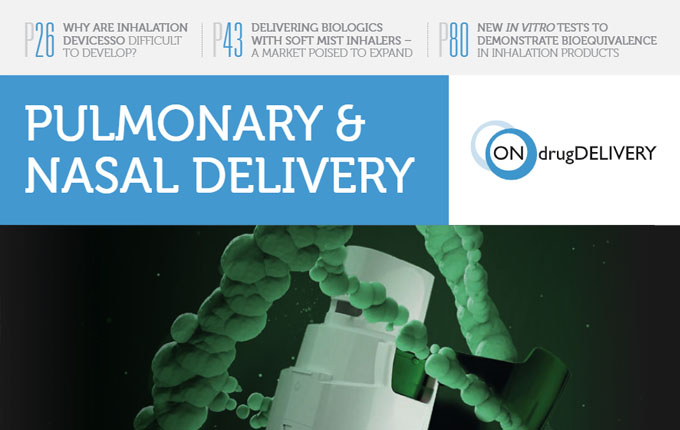Learn more about Aptar Pharma Expertise
in Nasal Drug Delivery
This Might Also Be of Interest

Step to Success in Nose-to-Brain Drug Delivery
Publications, Pharmaceutical, Market Insights, Product Solutions, Drug Delivery Innovations

Understanding the Evolution of Intranasal Vaccines
Webinars, Pharmaceutical, Drug Delivery Innovations, Market Insights, Product Solutions
Intranasal Delivery of Vaccines Using Thin Film Freeze-Dried Powders
Publications, Pharmaceutical, Drug Delivery Innovations, Market Insights, Product Solutions

Physiologically-based Pharmacokinetic Models (PBPK) for OINDPs
Publications, Pharmaceutical, Drug Delivery Innovations, Market Insights, Product Solutions

